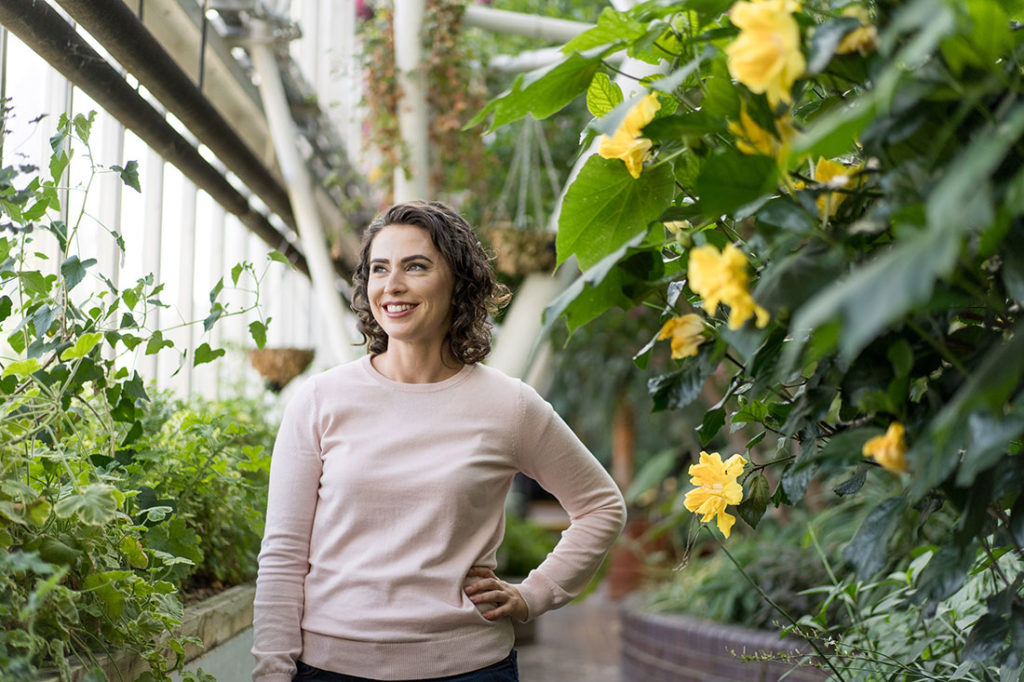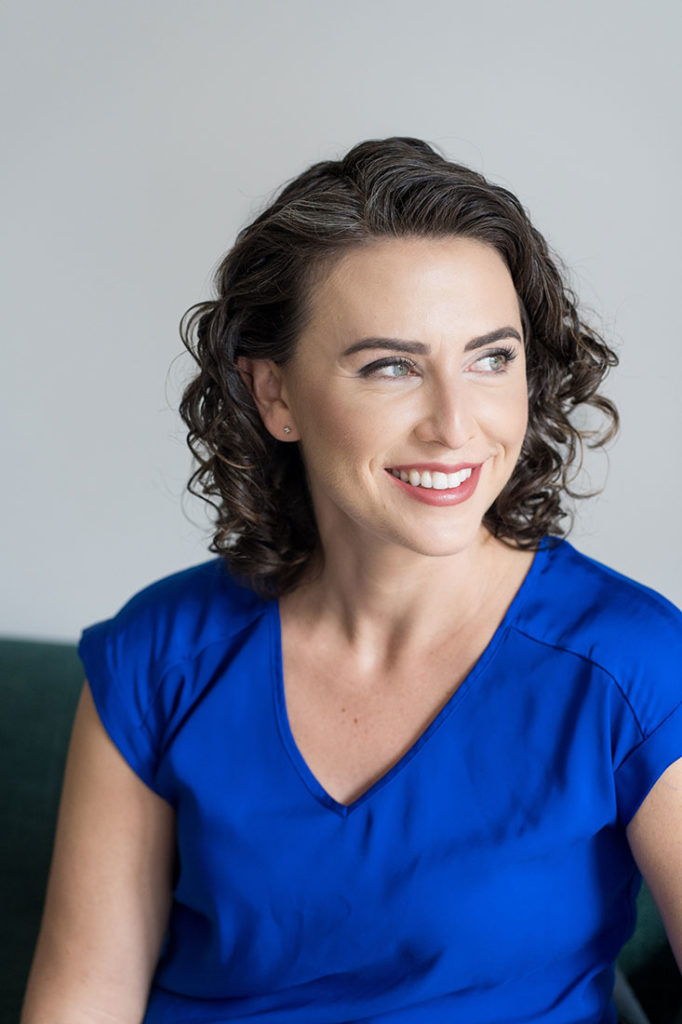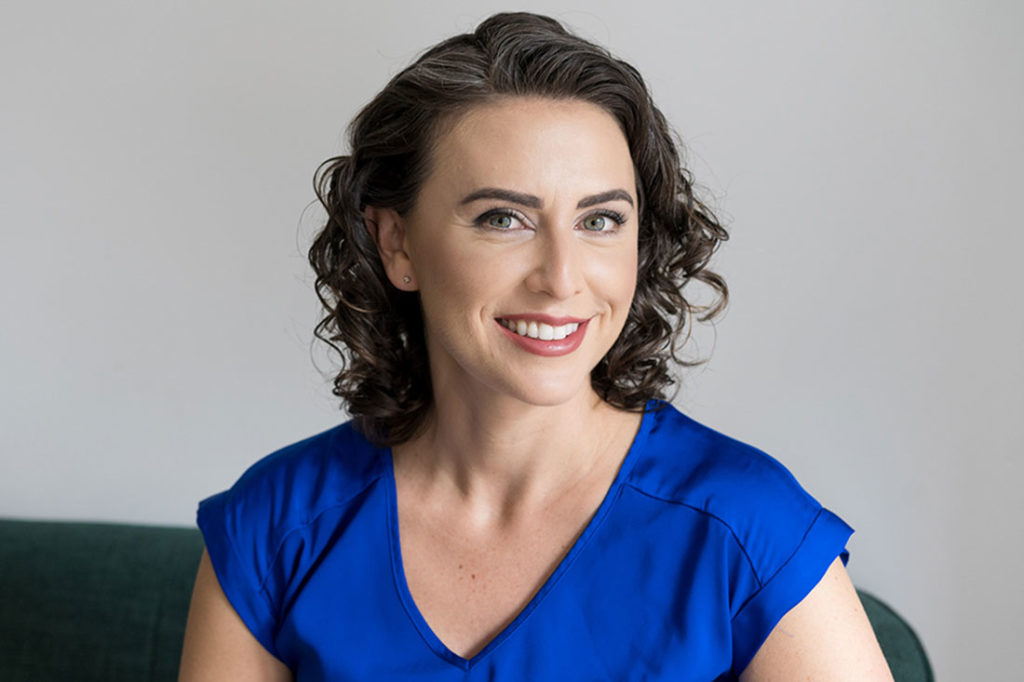In the context of global aid, profit feels like a dirty word. But are they really so incompatible? Not to Evelyn Castle, who spent a decade working in Africa’s health sector—namely Nigeria—before shifting her focus to impact investing.
“I think of impact investing as the future of charity work,” Castle says. “Charity is not effective, and people with a lot more credentials than me have written books about why aid is not going to have a sustainable impact.”
For those unfamiliar with the concept, impact investing is exactly what it sounds like: an investment strategy that aims to produce social or environmental benefits in addition to financial gains. In contrast to traditional investment strategies, profit is not the primary driver in the decision-making process, but rather one of many considerations.
Impact investing should also not be confused with aid, as its ability to generate market-rate returns in a socially responsible way incentivises continued growth. Impact investments take many forms, but Castle’s approach is focused on providing entrepreneurs with access to capital rather than grants.
“There is a role for aid in health emergencies and things like that,” Castle says. “But if you’re looking at really making a change and having a sustainable impact in creating successful, self-reliant countries, doing that through entrepreneurship, I think, is the way to do it.”
The Economics of Public Health
When it comes to facilitating health care for an entire country, executives are every bit as crucial as practitioners, especially during public health crises. After co-founding eHealth Africa (eHA) in 2009, Castle oversaw fundraising efforts that drew in $250 million over a 10-year period. Her initiatives played an instrumental role in eradicating polio from Nigeria and containing Ebola in West Africa.
Castle also co-founded EHA Clinics, a network of primary health care providers in Nigeria. At eHA and EHA Clinics, she realized that infrastructure, security, human resources and corruption issues presented distinct challenges for all Nigerian entrepreneurs, but women faced an additional set of obstacles.
“Speaking as a female founder, we have different kinds of challenges when it comes to accessing money,” Castle explains. “Most women really don’t like taking out loans or going to access financing… we generally don’t talk ourselves up very much.”
Castle came to the conclusion that the most effective way to improve Nigeria’s health care system was by helping local entrepreneurs secure funding. With that mission, she founded eha Impact Ventures in 2021. Her company operates with the specific goal of supporting women-owned small- and medium-sized enterprises.
The Spending Gap: Why Fund Women?
Without a clear understanding of how gender roles affect spending, Castle’s decision to primarily fund women’s ventures may seem arbitrary. It’s not.
“We know where women put their money,” Castle explains. “When women have money, they invest it in health care and education for their children and their communities and taking care of their parents… all of this burden that women take on is making their community a better place.”

Don’t make the mistake of thinking that this trend is specific to Nigeria or to Africa, Castle warns: The economic burden of womanhood is a reality everywhere, including the U.S. However, Nigeria presents a unique opportunity for wealth distribution because it has one of the smallest entrepreneurship gaps between men and women in the world.
“If they have money, all of these things can actually improve,” Castle says. “Anything that we can do to help women get access to capital, I think it just means the world is going to turn into a better place.”
Success Depends on Access to Capital
Starting a business is rarely free; most entrepreneurs need seed money, investors, partners or other sources of funding to get going. The ability to secure financing is another area in which women are at a distinct disadvantage, if for no other reason than socialization.
“I mean, you have to go out and say that you are absolutely amazing in order to convince somebody to give you money,” Castle explains. “And yeah, we generally downplay our success or the opportunities that are involved in the business.”
To address this, the team at eha Impact Ventures coaches female entrepreneurs on how to confidently ask for funding without conflating self-assuredness with maleness. Castle doesn’t think women need to act like men in order to be successful; rather, they need to find their confidence and understand the financial opportunities available to them.
“What we want to be is kind of like that first investor… to help women scale up and, ideally, support them in getting their next round of funding from a bigger investor,” she says.
Whether eha Impact Ventures chooses to partner with a female entrepreneur typically comes down to a project’s potential for job creation. Because the ultimate goal is to give women access to funds and boost the local economy, the sector matters less than how many paying positions a particular business will create. To that end, eha Impact Ventures prioritizes larger projects over individual sellers.
Building a Self-Sustaining Model
The difference between giving money and providing access to capital may seem like a small distinction, but it’s a crucial one.
“What I see a lot of aid evolving into is how we can support entrepreneurs in those countries to be self-sustainable so they can improve their health systems and can improve their education systems in a way that is right for them,” Castle says. “I mean, that’s not giving out grants—that’s giving out access to capital that is not exploitative to those companies or to the countries themselves.”
Although some impact investors prioritize returns, that’s not really Castle’s goal with eha Impact Ventures. At least for right now, she’s happy just making her money back, but that doesn’t mean investments in African companies aren’t profitable.
“You can definitely get great returns on companies in Africa,” she says. “It just depends on what type of risk you’re willing to take and what countries you’re investing in.”

eha Impact Ventures works primarily with groups of individuals to develop small funds that are then invested in women-owned companies in Nigeria. Although investment opportunities are currently limited to friends and family, Castle plans on expanding it.
“We need people who really understand our vision and can give us that flexibility to say, ‘OK, we want to raise $100,000 that we’re going to put in these three companies, and then we’ll report on it,’” she explains. “We want to start doing things where we can open it up to people who can invest smaller amounts of money or donate smaller amounts of money, but we’re not quite there yet.”
Empowerment is a Mutually Beneficial Arrangement
Make no mistake—Castle isn’t on a rescue mission. Her ventures in Nigeria are very much business opportunities, but they’re also not solely driven by profit. And that’s the beauty of impact investing: It can be a mutually beneficial arrangement.
“We were able to make successful businesses, and now what we want to do is be able to help other Nigerian women make successful businesses, because they have the ability to do that and are already doing it,” she says. “It’s just ridiculous that there’s no access to capital.”
And that’s really how Castle sees her role in eha Impact Ventures: a facilitator of introductions, someone who knows how to access capital. She is acutely aware of the fact that Nigerian women will continue entrepreneurship with or without funding, and that’s the idea that drives her.
“They’re not as much in the workplace as women in America, so we have this idea that women in America are more empowered, I guess,” Castle reasons. “So, then you kind of think, Oh, well, it makes sense that they wouldn’t have access to capital or that there isn’t as much access to capital for them, but no, that’s wrong.”
The reality is that there are more women doing entrepreneurial activities in Nigeria than in the U.S.—just with less access to capital. For now.
This article originally appeared in the November/December 2022 issue of SUCCESS magazine. Photos by ©Babb Photo




